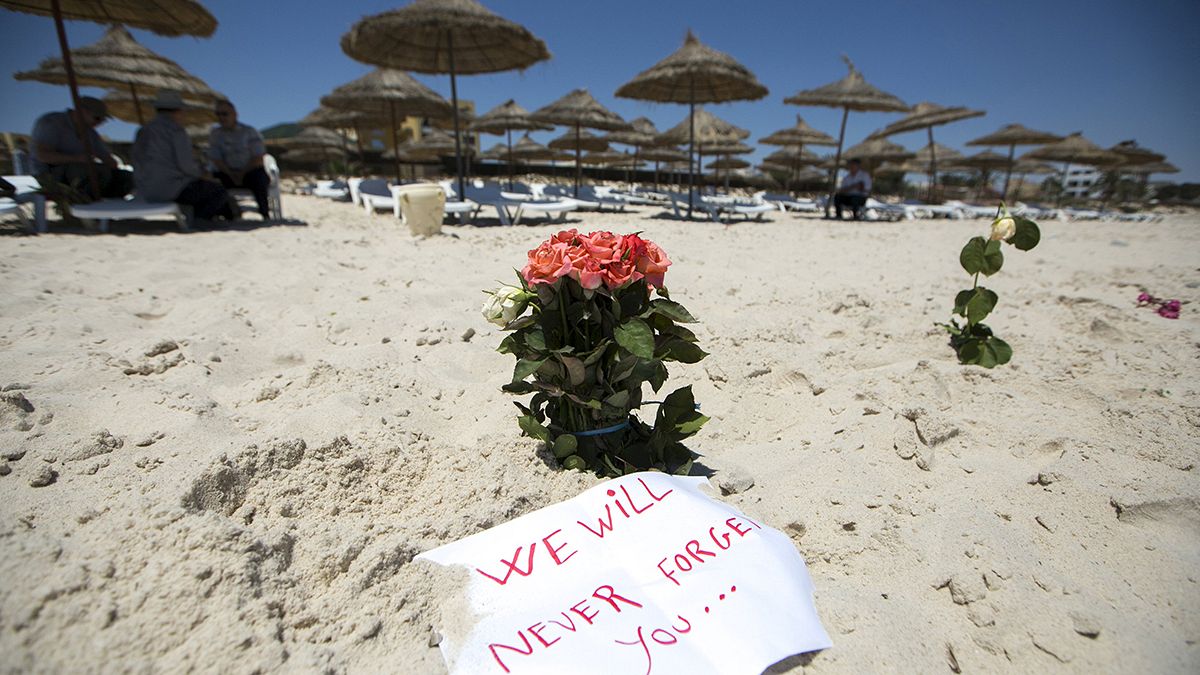The recent terror attacks in Sousse and at the Bardo Museum in Tunis have taken their toll on Tunisia’s tourist industry. Some 13.8 percent of total
The recent terror attacks in Sousse and at the Bardo Museum in Tunis have taken their toll on Tunisia’s tourist industry.
Some 13.8 percent of total employment nationwide is linked to tourism, a sector which also constitutes the largest economic income in the country.
But now the streets of Sousse are largely empty of tourists and many shops are closed. The local people are unable to rely on the previously-guaranteed flow of visitors to the town.
Euronews correspondent Mohammed Shaikhibrahim asked the people of Sousse to share their experiences of the decline in the tourist trade.
‘Badly affected’
“This attack affected us badly, especially in our business – the tourism sector,” said shop owner Najib Kaaya. “We are simple people here. We have families to feed. We are only asking God to help us.”
‘I may leave Tunisia’
Travel and tourism contributes 15.2 percent to Tunisia’s GDP. But the gun attack in Sousse in which 38 people and the suspect were killed could change everything, café worker Akram Melad thinks.
“If the general situation remains like this, we’ll have to look for other jobs to survive,” he said. “I may go abroad to Europe – perhaps to Italy or France… But there are other people who will be forced to steal to survive, or to kidnap or sell drugs to earn some money. In my opinion, there is also a risk some young, impressionable people could be influenced by terrorist groups. Brainwashed, perhaps, into turning to terrorism. Into following Jihad, in the name of Islam.”
Mohammed Shaikhibrahim added:
“Tunisia succeeded in ridding itself of a dictatorial regime, which controlled the country for years. They were hoping for a better life, but instead found themselves at the centre of political disputes and terrorist attacks, which are highly difficult to predict or prevent.”
